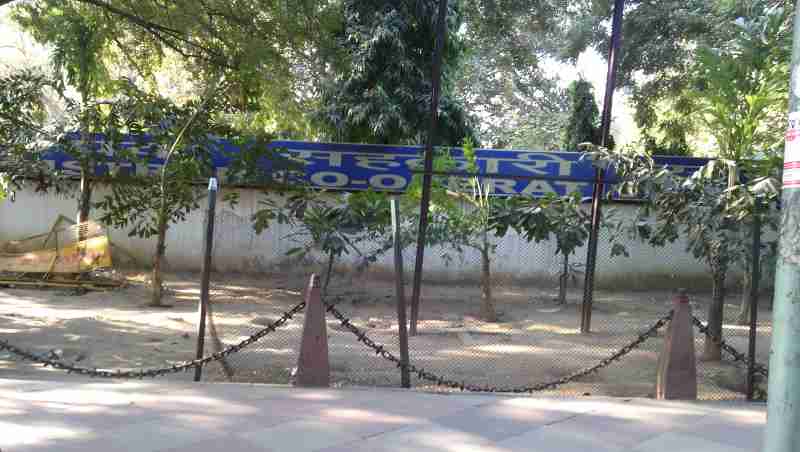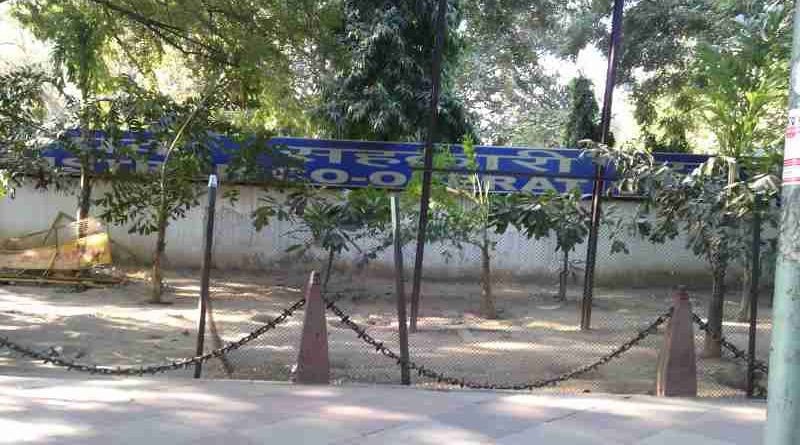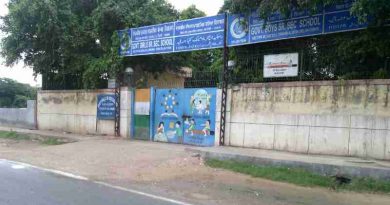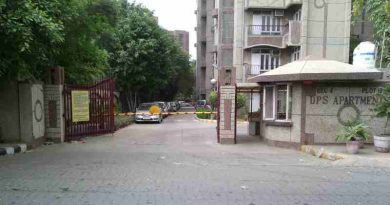Quick Guide: Websites to Combat Corruption and Crime in Delhi Housing Societies

Quick Guide: Websites to Combat Corruption and Crime in Delhi Housing Societies
By Rakesh Raman
New Delhi | August 25, 2025
This article, based on an RMN News Report, highlights how a profound lack of transparency by Management Committees (MCs) in Cooperative Group Housing Societies (CGHS) fuels widespread crime and corruption, leading to severe harassment for residents.
This occurs despite repeated mandates from the Office of the Registrar Cooperative Societies (RCS) since at least 2015 for all CGHS in Delhi to create and regularly update transparent websites, directives that are often blatantly ignored by MCs operating “hand in glove” with corrupt RCS officials to conceal criminal acts.
Critical Questions and Answers:
What is the primary problem addressed in the RMN News report regarding housing societies in Delhi?
The primary problem is the widespread crime and corruption within Cooperative Group Housing Societies (CGHS) in Delhi, largely due to a severe lack of transparency in the operations of their Management Committees (MCs). These committees often operate without accountability, enabling them to misuse residents’ funds and engage in various illicit activities.
What is the mandated solution for increasing transparency in housing societies, and who issued this mandate?
The mandated solution is the creation and regular updating of transparent housing society websites. This directive has been repeatedly issued by the Office of the Registrar Cooperative Societies (RCS) of the Delhi Government since at least 2015, with further notifications in 2021 and 2022. The RCS office has even provided an online form for societies to submit their website details.
What essential information must a housing society website contain to effectively combat crime and corruption?
To be effective, a society website must be comprehensive, regularly updated, and accessible. It should include details of all members, records of financial transactions with supporting documents, details of vendor contracts and appointment criteria, payment information, all internal and external communications, updates on legal cases, and an online complaint form with an official email address. All communications between members and the MC should be instantly and regularly updated.
Why do most Management Committees (MCs) resist creating and updating these mandatory websites?
Most MCs blatantly ignore the RCS directives because they prefer to operate opaquely to conceal criminal acts. It is alleged that the RCS office itself is highly corrupt and that its officials are “apparently bribed” by corrupt MC members, allowing them to operate “hand in glove” to prevent website implementation and maintain the lack of transparency.
[ Clean House – Report Housing Corruption and Government Carelessness in Delhi ]
What are some of the criminal activities that corrupt MC members are accused of engaging in due to this lack of transparency?
Corrupt MC members, often described as local criminals, are accused of various illicit activities. These include cheating, extortion, bribery, illegal surveillance, environmental damage through unauthorized construction, illegal sale of car parking space, and human rights violations. These actions are reportedly supported by corrupt bureaucrats in the Delhi Development Authority (DDA), the RCS office, and builders’ mafia.
What legal repercussions can MC members face for failing to create and update a housing society website?
Failure to create and regularly update a society website is considered an offense and a criminal act. MC members can be prosecuted under the DCS Act and/or the Indian Penal Code (IPC) or Bharatiya Nyaya Sanhita, 2023, for offenses related to cheating, fraud, and conspiracy to harm others.
How can residents empower themselves and demand action from their housing societies?
Residents have the right and responsibility to formally demand that their MCs comply with RCS directives by creating and updating a society website. A formal letter format has been provided for this purpose, which residents can customize and send to their MC President, Secretary, or Administrator, with a copy to the Registrar Cooperative Societies (RCS) office for urgent action.
Beyond website enforcement, what broader reforms are suggested to combat corruption within the system?
While enforcing website regulations is a critical first step, a comprehensive transformation of the RCS office is necessary for it to operate honestly. It is suggested that the RCS office should revamp its own website to include an online form where residents can file complaints not only against their MCs but also against RCS officials, thereby rooting out corruption at both levels.
By Rakesh Raman, who is a national award-winning journalist and social activist. He is the founder of a humanitarian organization RMN Foundation which is working in diverse areas to help the disadvantaged and distressed people in the society.
He also runs the “Clean House” anti-corruption social service which works like a community court to report about crime and corruption happening in Delhi’s group housing societies.
💛 Support Independent Journalism
If you find RMN News useful, please consider supporting us.




